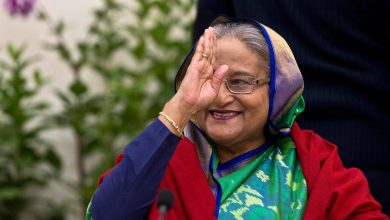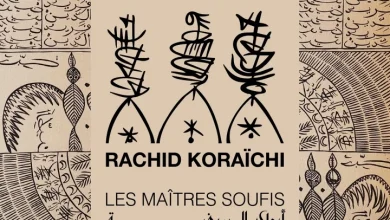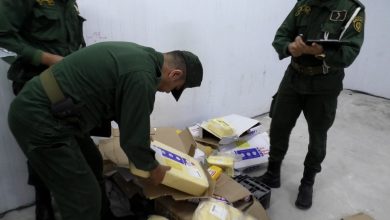Baghdad, Iraq – Leading Sunni political forces in Iraq have announced the formation of a unified political bloc, the “National Political Council,” aimed at consolidating their vision and decision-making processes following recent parliamentary elections. The announcement, made on Sunday, signals a significant effort to present a united front after Sunni parties contested the elections on separate lists.
The formation of the council follows a meeting in Baghdad that brought together the leaders of five major parties and alliances. These include the “Progress” movement, led by former Speaker of Parliament Mohammed al-Halbousi, and the “Sovereignty” coalition, headed by businessman Khamis al-Khanjar. Also participating were representatives from the “Azm,” “Hasem Al-Watani,” and “Al- جماهير” parties. The initiative for the council’s creation was spearheaded by al-Khanjar.
According to a statement released by the attendees, the council will serve as an umbrella organization to coordinate positions and unify decisions on key national issues. Its goals include working towards a shared vision to guarantee constitutional rights and enhance Sunni representation within state institutions. Regular meetings are planned throughout the sixth parliamentary session.
The leaders emphasized that the council will remain open to all national partners, adhering to principles that safeguard Iraq’s unity and stability while preserving the rights of all its components without exception. This commitment stems from a national vision focused on building a strong and just state. The council currently comprises approximately 65 members of parliament and is actively negotiating for the position of Speaker of Parliament in the current session, as well as key ministerial portfolios, including the Ministry of Defense.
Since the first multi-party elections in Iraq in 2005, following the U.S.-led invasion that toppled Saddam Hussein’s regime, the position of Speaker of Parliament has traditionally been held by a Sunni, while the Prime Minister, the de facto head of the executive branch, is typically Shia, and the President is Kurdish. This power-sharing arrangement is based on a quota system among the influential political forces.
This development occurs against the backdrop of the “Coordination Framework,” a coalition of Shia parties, announcing the formation of the largest parliamentary bloc last week. Subsequently, the coalition of outgoing Prime Minister Mohammed Shia al-Sudani joined the Framework, granting it a parliamentary majority to select the next Prime Minister. This bloc secured over 175 seats, more than half of the parliament’s 326 seats.



